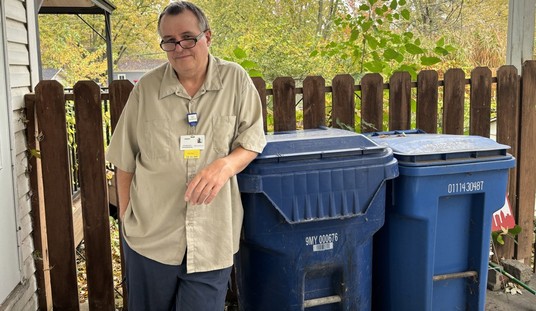Crestina Martinez, the Democratic candidate in Senate District 35, claims in campaign literature that she worked to improve health care access and quality in Colorado, but a review of public documents regarding her role at a taxpayer-funded health group suggests otherwise. An examination of records for CarePoint, a taxpayer-funded non-profit health organization that Martinez helped create and lead, reveals an inefficient program that frittered away taxpayer dollars and failed to meet the coverage goals promised by its supporters.
CarePoint was created as part of an expansion of the local health access pilot program that aimed to provide health care to uninsured individuals in rural areas of the San Luis Valley. Crestina Martinez was an early supporter, testifying in favor of the expansion at a hearing of the Senate Health and Human Services Committee.
Mailers from the Martinez Campaign claim the candidate “worked to decrease uninsured rates and recruit employers to provide healthcare to workers in six counties.” According to reports available at the Division of Insurance, however, CarePoint covers just 116 residents in the San Luis Valley area — a mere 2.4 percent of coverage that was promised when the government program that funds CarePoint was first expanded. In its first year, CarePoint covered a total of 86 uninsured residents.
And despite a pledge in 2009 by Martinez to not seek taxpayer funding, CarePoint has received over $300,000 in taxpayer funds since it was first launched. In testimony to the Senate Health and Human Services committee in 2009, Martinez “emphasized that the supporters were not seeking state funding, just authorization to implement the program.”
CarePoint is funded by a State Health Access Program (SHAP) grant from the Department of Health and Human Services Health Resources and Services Administration (HRSA). According to financial reports from the Division of Insurance CarePoint received $148,570 in grants in 2012. These grants account for 55 percent of the revenue reported for CarePoint.
The 2011 and 2012 required annual financial reports for CarePoint have not been filed and are not available on the Division of Insurance’s website. The Division of Insurance provided a draft financial report for both years to Media Trackers when asked about the missing reports.
Claims paid out to the 116 residents covered amounted to only $13,769 — roughly $118 per person covered — according to the draft financial filing. CarePoint reports that actual health care costs accounted for $76,202 (48 percent) of the reported expenses. The bulk of the remaining expenses reported by CarePoint were for support services, personnel, operations, and contract services.
The health access pilot program that subsidizes CarePoint is set to expire in July of 2014 unless the state legislature renews the program. CarePoint is budgeted to receive nearly $1.3 million on taxpayer subsidies over the course of the five-year pilot program.
Media Trackers reached out to the Martinez campaign for comment but did not receive any response prior to publication.
This post was originally featured at Media Trackers Colorado.














Join the conversation as a VIP Member